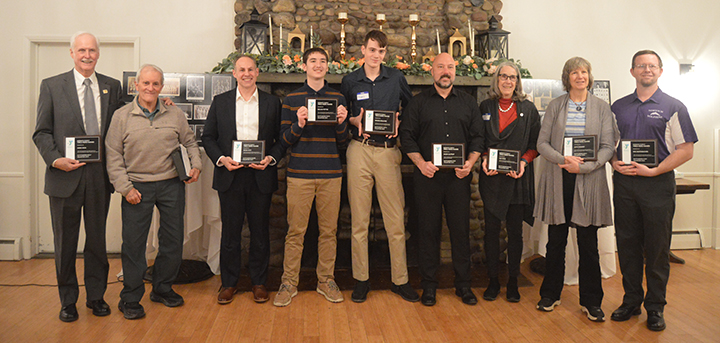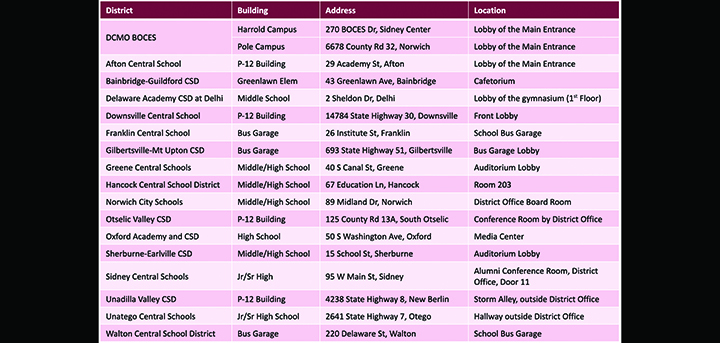County, City talk codes consolidation
NORWICH – Consolidation could be in the works between Chenango County and the City of Norwich as the former continues to be more dependent on taxpayers for building code enforcement, and, in some cases, taxpayers who would be double billed for services.
Board of Supervisors Chairman Richard B. Decker, R-North Norwich, said he was “willing to look at anything that’s going to help consolidate and save money for taxpayers.”
County and city officials met Friday afternoon to discuss a plan for shared services for the city and county codes departments. Afterward, Norwich Mayor Joseph Maiurano said the two entities were “looking at what’s best for the area, providing a good service at a lower cost.”
“There are lots of details to work out. The next step is to take a closer look at the pros and cons, and from there, we can make a decision,” Maiuriano said, adding that the matter was “in the county’s hands.”
The budget for county code enforcement went up nearly 130 percent from 2007 to 2008, and lawmakers were forced to include the six person department on the general tax levy. Previously, permit fees afforded salaries and expenses. Next year’s proposed budget would more than double again, from about $33,500 to $70,500, with expenses outdistancing revenues by a local share tally of nearly $37,000.






Comments